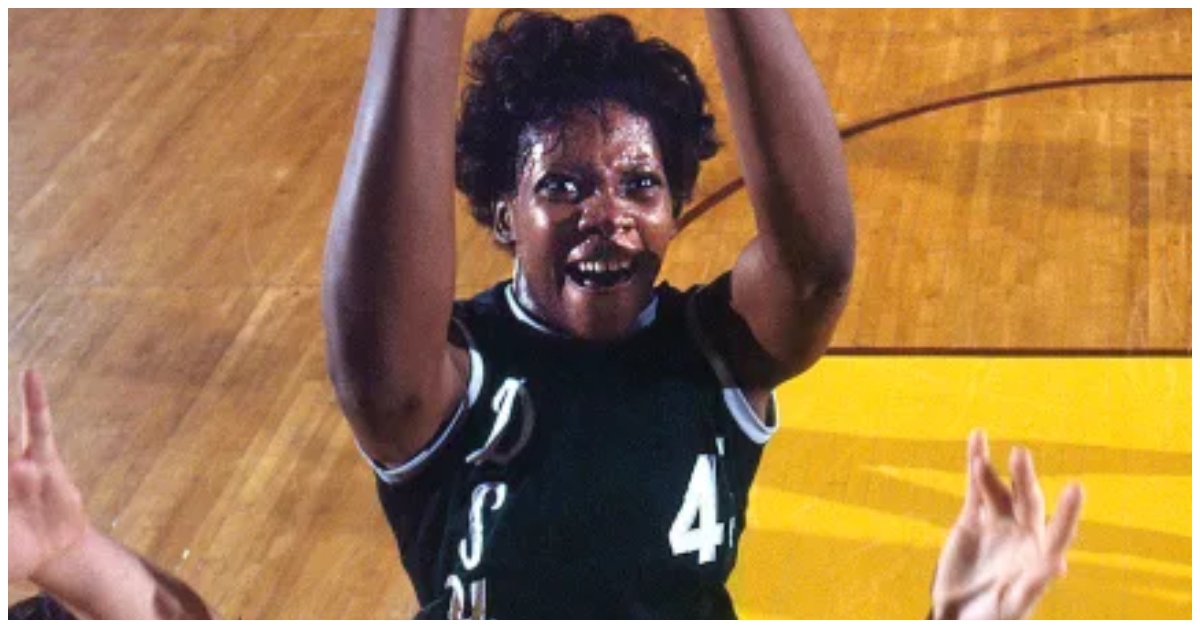Overcoming Rural Poverty To Dominate College Basketball
Born in rural Mississippi in 1955, Lusia Harris spent her childhood picking cotton alongside sharecropper parents. Sports provided an escape, as she played basketball with her 10 siblings, modeling her game after Oscar Robertson.
Despite little access to leagues for girls at the time, Harris’ talent shone through. She became an all-state high school athlete and MVP three years running. Though Title IX didn’t yet exist, Harris earned a combination of academic scholarships and work-study to attend Delta State University.
Leading Delta State To Three Straight National Titles
Harris immediately led Delta State to success. In her first year, they finished third nationally and in her next three seasons, Harris carried the team to three consecutive AIAW national championships.
She put up video game numbers, averaging nearly 26 points and 15 rebounds for her college career. Harris earned first-team All-American honors three times and set numerous program records that still stand today. Her brilliance culminated in a 47-point game at Madison Square Garden.
Breaking Barriers As An Olympian And NBA Draftee
In 1976, Harris scored the first-ever points in women’s Olympic basketball, leading the U.S. to a silver medal in Montreal. One year later, the New Orleans Jazz made history by drafting her in the seventh round.
Though she didn’t ultimately play in the NBA while pregnant at the time, Harris broke barriers as the league’s first and only woman selected. Thirty-three male players were drafted after her that year.
Induction Into Naismith Hall Of Fame And Beyond
Despite limited avenues to compete professionally, Harris left an indelible mark on basketball. She entered the Naismith Memorial Basketball Hall of Fame in 1992 as the first Black female player inducted.
Harris also coached collegiately and served as a high school teacher and coach in her later years. She passed away in 2022 at the age of 66 after witnessing the opportunities she helped create for today’s stars. As Pat Summitt put it, Harris was the “first truly dominant player of modern women’s basketball.”





